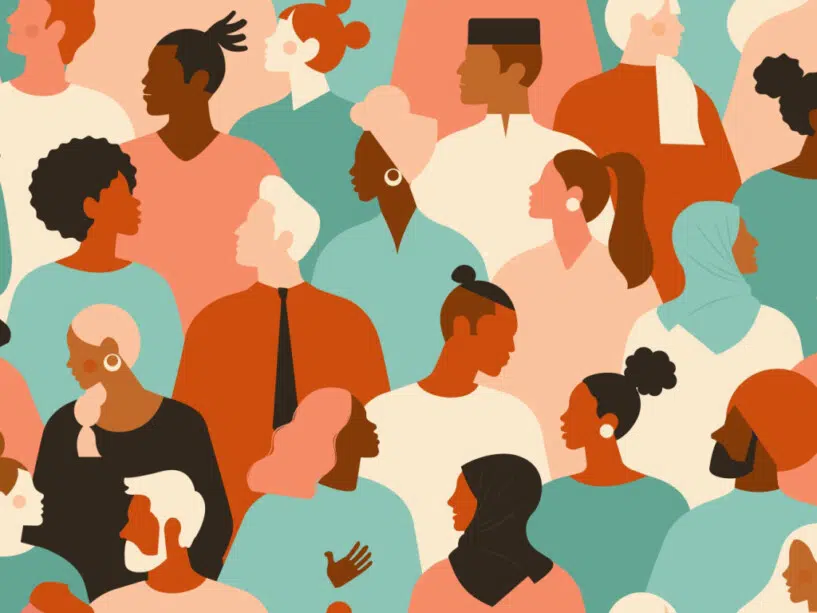How Healthcare Marketers Can Promote Health Equity

If you work in healthcare marketing, you may have heard the terms “social determinants of health” and “health equity” before. But what exactly are these buzzwords, and why should healthcare marketers care?
According to the Centers for Disease Control and Prevention, health equity is achieved when every person has the opportunity to attain his or her full health potential and no one is disadvantaged from achieving this potential because of social position or other socially determined circumstances. Addressing social determinants of health—the conditions in which people live, learn, work and play—can help achieve health equity. And that’s where healthcare marketers can contribute.
Choose Words That Advance Health Equity
Research has shown that the language we use in healthcare marketing materials can have an impact on patient behavior, outcomes and care. So when creating content, it’s imperative to intentionally choose words that are inspiring, empowering and inclusive rather than critical, judgmental or fear-evoking. Be mindful not to perpetuate stereotypes, and remember that you wield a lot of power with your word choice.
Translate Your Content for Multilingual Audiences
To make sure your content is accessible to your audience, it may also be helpful to translate it. For example, there are more than 50 million Spanish speakers in the U.S., and 3.5 million Americans speak Mandarin (Chinese) at home. By making important healthcare information available in languages other than English, especially if your target audience includes non-English speakers, you can increase the likelihood that your messages are received and understood. After all, it’s hard to close gaps in care if your audience doesn’t understand the information you’re trying to tell them.
Continue Learning About Health Equity
Finally, researching and understanding the barriers to health equity should be an ongoing priority for healthcare marketers. Gather insights from market research, surveys and data from respected healthcare organizations like the CDC about various attitudes, beliefs and behaviors. Use this information to inform the stories you tell and the ways in which you tell them.
When you keep health equity in mind and take a more intentional approach to developing your healthcare content, you’ll see that you can make a difference by creating stories that truly resonate and can inspire change.

